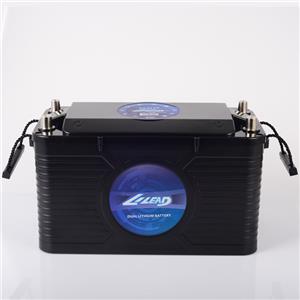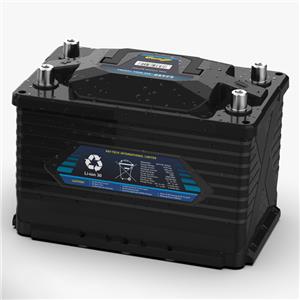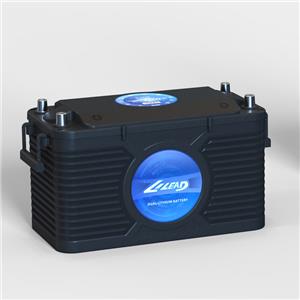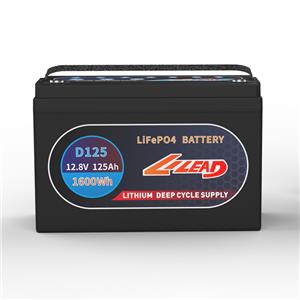Navigating the Future: Lithium-ion Batteries and the Evolution of Autonomous Sailboats
The integration of autonomous technology into sailboats represents a significant milestone in the evolution of maritime transportation. With advancements in artificial intelligence and sensor technology, autonomous sailboats have the potential to revolutionize various maritime applications, from oceanographic research to cargo transportation. In this article, we explore the role of lithium-ion batteries in powering autonomous sailboats and shaping the future of maritime navigation.
1. Energy Efficiency for Extended Autonomy:
Lithium-ion batteries serve as the primary energy storage solution for autonomous sailboats, providing the power needed to propel the vessel and operate onboard systems autonomously. Their high energy density and efficient charging capabilities enable sailboats to achieve extended autonomy, allowing for longer-duration missions without the need for frequent recharging.
2. Reliable Power Supply for Autonomous Systems:
Autonomous sailboats rely on a variety of sensors, computers, and communication systems to navigate and operate autonomously. Lithium-ion batteries provide a reliable power supply for these autonomous systems, ensuring uninterrupted operation and data collection throughout the duration of the mission.
3. Integration with Renewable Energy Sources:
To further enhance autonomy and sustainability, autonomous sailboats can integrate lithium-ion batteries with renewable energy sources such as solar panels and wind turbines. By harnessing clean energy from the sun and wind, sailboats can recharge their batteries while underway, extending their range and reducing reliance on fossil fuels.
4. Advanced Energy Management for Efficient Operation:
Autonomous sailboats require sophisticated energy management systems to optimize power usage and ensure efficient operation. Lithium-ion batteries, equipped with advanced energy management capabilities, enable sailboats to dynamically adjust energy distribution based on mission requirements and environmental conditions, maximizing efficiency and performance.
5. Enhanced Safety Features:
Safety is paramount in autonomous maritime operations, where sailboats must navigate unpredictable weather conditions and avoid collisions with other vessels. Lithium-ion batteries power essential safety features such as collision avoidance systems, emergency response mechanisms, and fail-safe protocols, ensuring the safe operation of autonomous sailboats in challenging maritime environments.
6. Scalability for Diverse Applications:
The versatility of lithium-ion batteries allows for the scalability of autonomous sailboat designs to accommodate various maritime applications. From oceanographic research and environmental monitoring to cargo transportation and search and rescue missions, lithium-ion batteries enable autonomous sailboats to adapt to diverse operational requirements and fulfill a wide range of maritime tasks.
7. Conclusion:
Lithium-ion batteries play a pivotal role in the evolution of autonomous sailboats, providing the energy storage solutions needed to power autonomous systems, ensure reliable operation, integrate renewable energy sources, optimize energy management, enhance safety features, and enable scalability for diverse maritime applications. As advancements in autonomous technology continue to unfold, lithium-ion batteries will remain at the forefront of innovation, driving the development of autonomous sailboats and shaping the future of maritime navigation.
With lithium-ion batteries powering their journey, autonomous sailboats are poised to navigate the future of maritime transportation with efficiency, sustainability, and autonomy, unlocking new possibilities for exploration, research, and commerce on the open seas.




